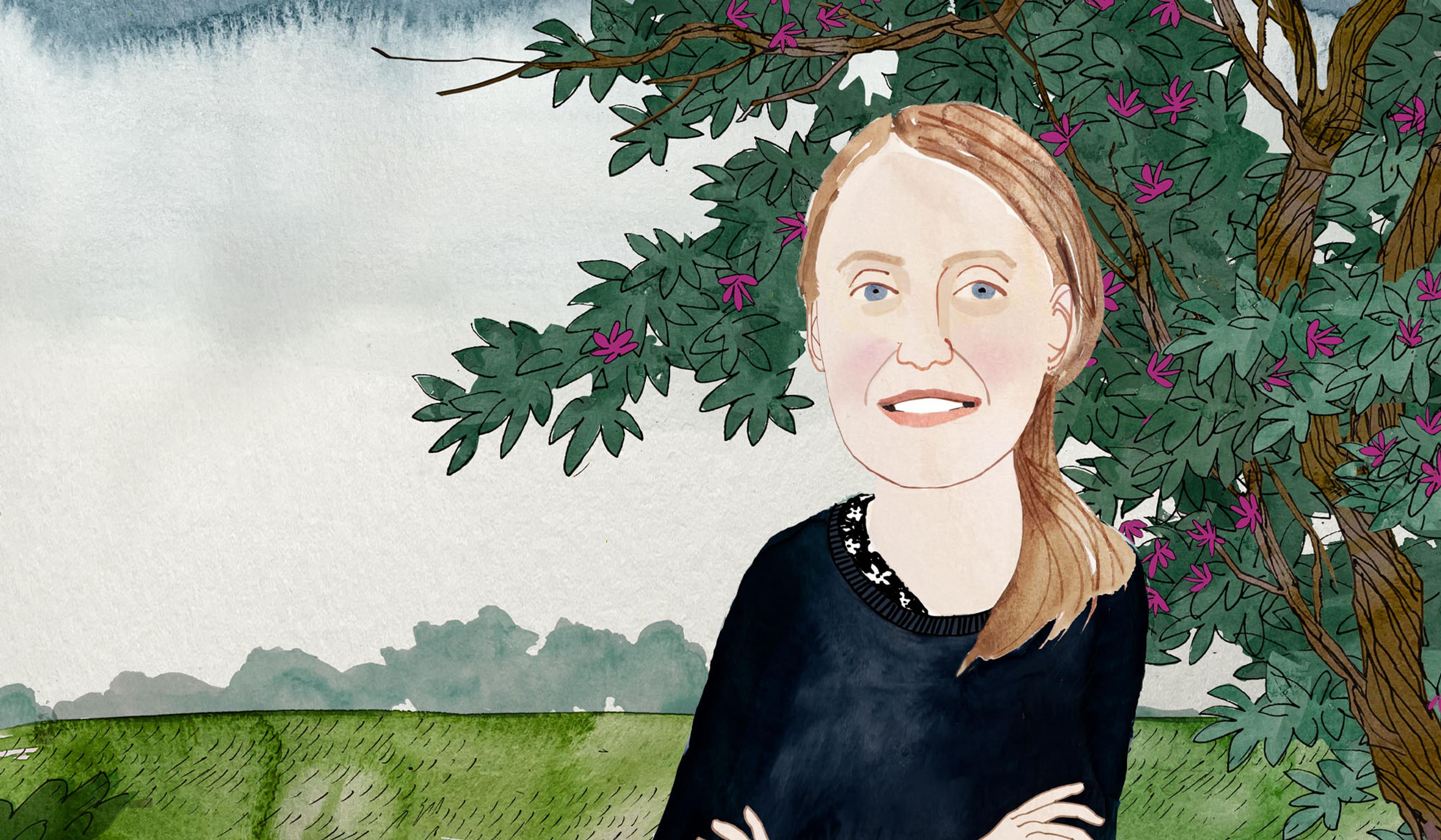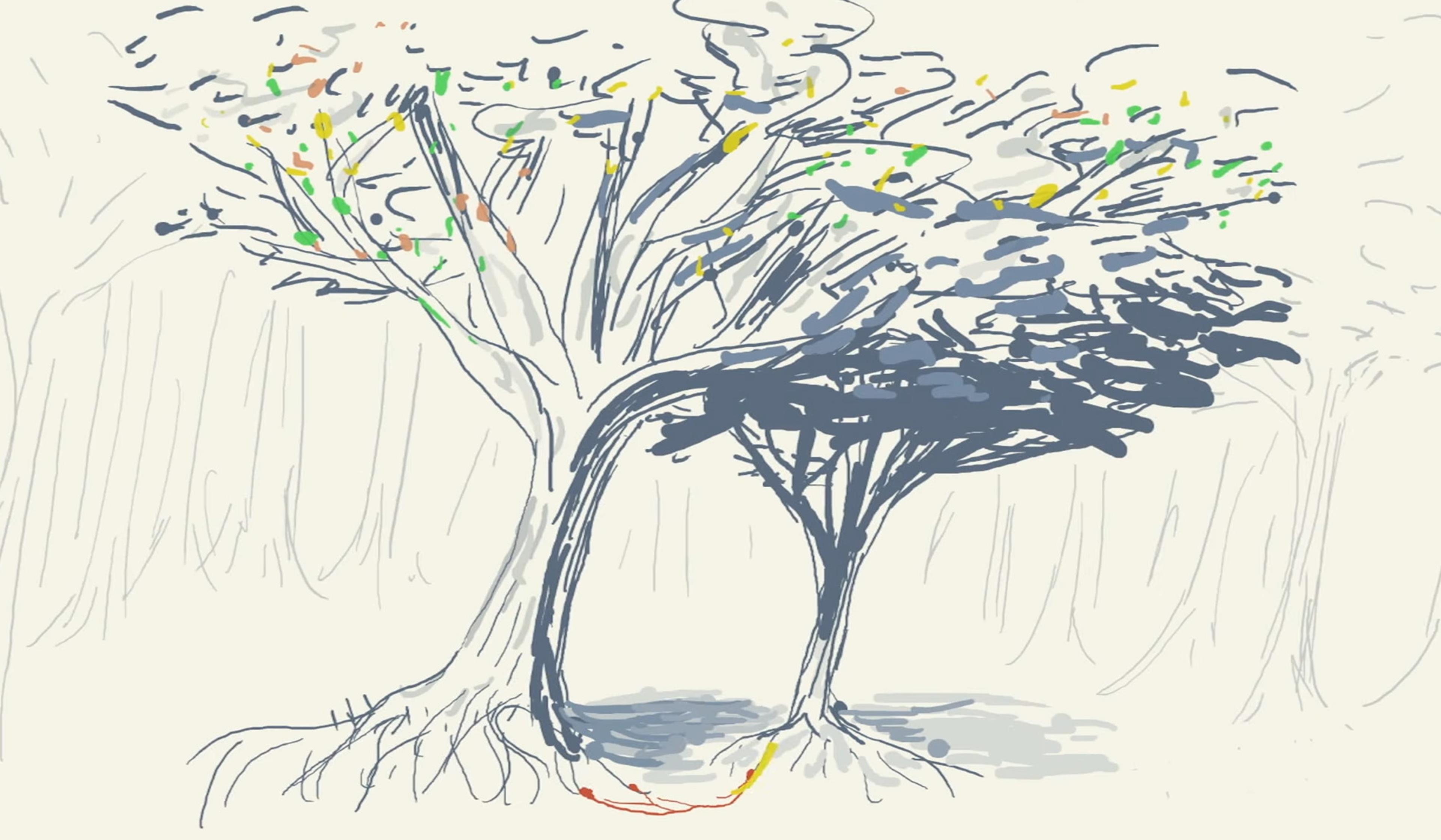Aristotle thought that plants possess what he called a ‘vegetative soul’. Centred on growing and reproducing, this primordial, unthinking state of being was encompassed and far surpassed by the ‘rational soul’ of humans. Friedrich Nietzsche, however, believed that, in the overwhelming confusion of considering how we might live, there was much we could learn from plants – deeply rooted in the ground and yet limitlessly expressive as they are. Borrowing from some of Nietzsche’s lesser-known writings, this short video essay might just inspire you to look at a plant growing through a crack in the ‘inhospitable ground’ – and perhaps even Nietzsche himself – in a new light.
Amid the chaos of being, Nietzsche believed that plants offer us inspiration for living

videoDeep time
When algae met fungi – the hidden story of life’s most successful partnership
4 minutes

videoHistory of ideas
I am, therefore I think – how Heidegger radically reframed being
13 minutes

videoCognition and intelligence
How a ‘periodic table’ of animal intelligence could help to root out human bias
5 minutes

videoHistory of ideas
For proof that love is timeless, consider how long philosophers have debated it
6 minutes

videoThinkers and theories
Henri Bergson on why the existence of things precedes their possibility
3 minutes

videoEcology and environmental sciences
The incredible – and still quite mysterious – way trees trade information via their roots
5 minutes

videoHistory of ideas
Socrates believed self-knowledge was essential. Today, we wonder if there’s even a self to know
2 minutes

videoDeath
What separates life from death? The line is fuzzier than we might expect
6 minutes

videoValues and beliefs
Liberation of the soul through diet – how a Jain ascetic lives
2 minutes